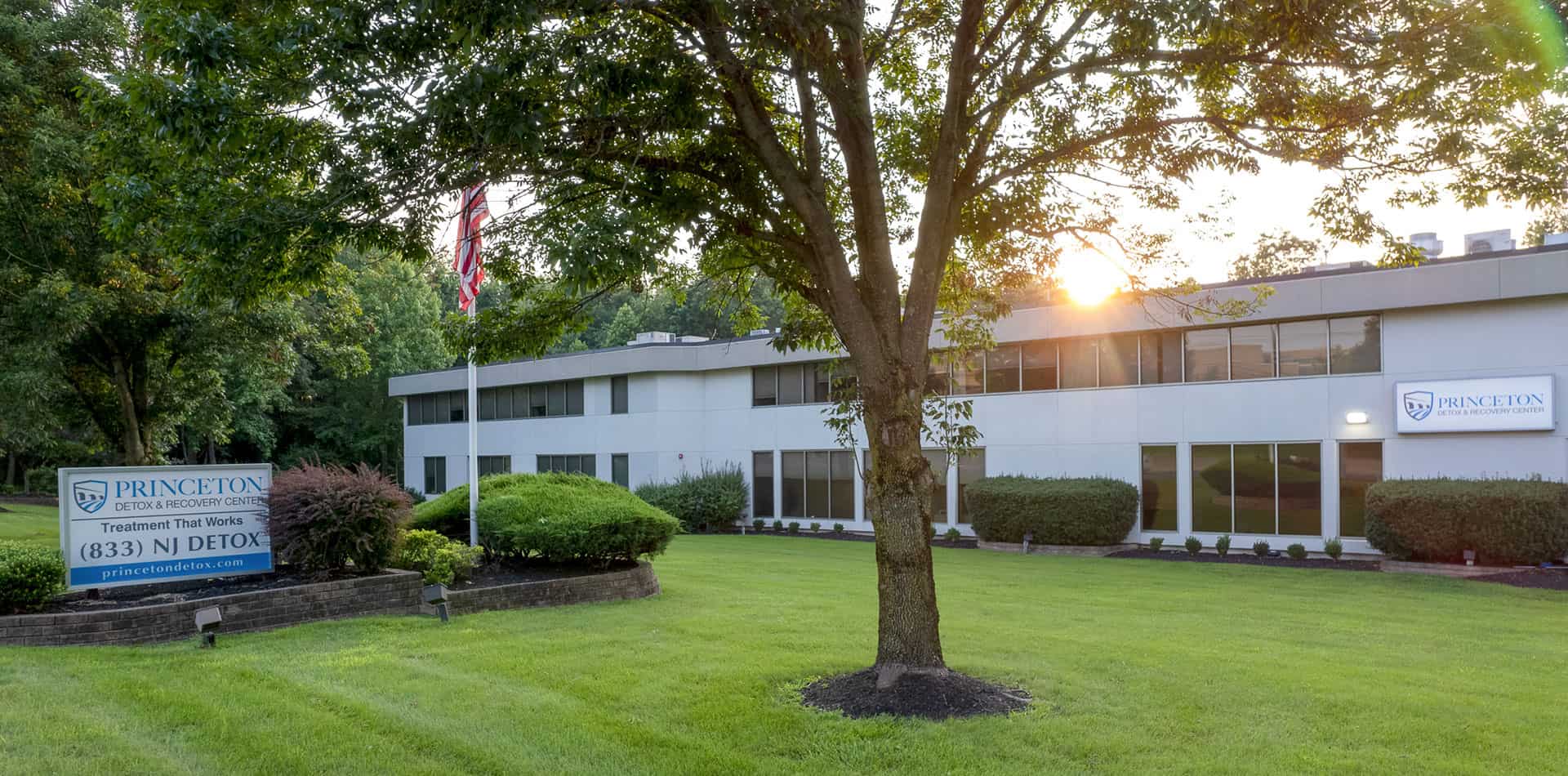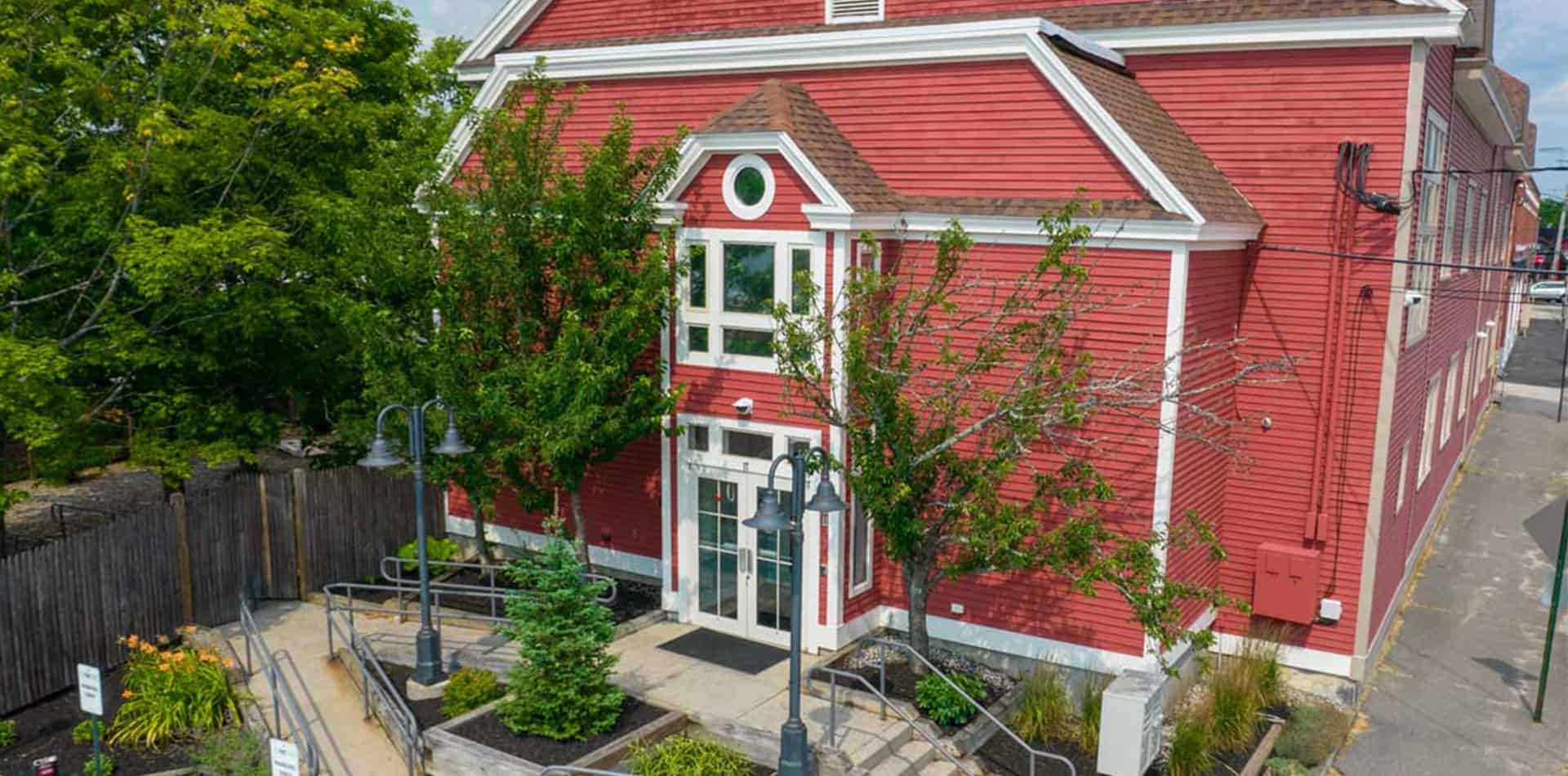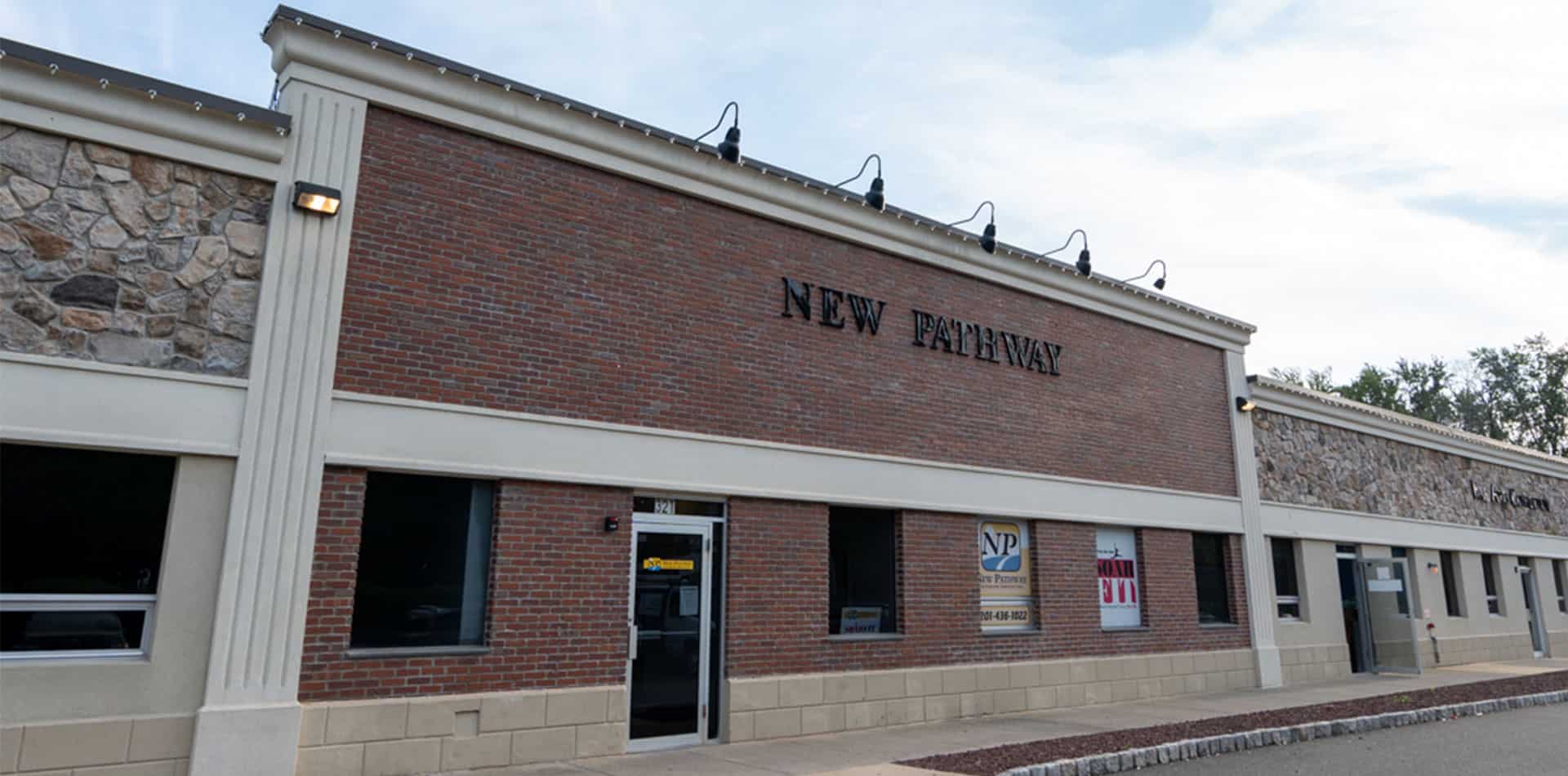Partial Hospitalization Program
We Specialize In Addiction Treatment
"*" indicates required fields
By selecting this checkbox and entering mobile number I agree to receive GR Support from Guardian Recovery Network Holdings LLC. Message frequency varies. Text HELP to 96909 for help, Text STOP to 96909 to end. Msg&Data Rates May Apply. By opting in, I authorize Guardian Recovery Network Holdings LLC. to deliver SMS messages using an automatic dialing system and I understand that I am not required to opt in as a condition of purchasing any property, goods, or services. By leaving this box unchecked you will not be opted in for SMS messages at this time. Click to read Terms and Conditions & Privacy Policy.
Our Partial Hospitalization Programs
Partial hospitalization programs (PHPs) offer an intermediate level of care for addiction treatment, providing an effective transition between inpatient programs and other types of outpatient treatment. At Guardian Recovery, our PHPs are vital components of our full continuum of care, which is designed to comprehensively address substance use disorders and other behavioral health issues.
Our licensed professionals are dedicated to developing effective, personalized recovery plans that fully address the needs of each client. By combining holistic approaches with evidence-based therapies, we ensure that each individual has the tools and support necessary to achieve sobriety and sustain long-lasting health and wellness.
Guardian Recovery PHPs
Immersion Recovery Center (Delray Beach, FL)
Boca Raton Adolescent Center (Boca Raton, FL)
The Plymouth House (Plymouth, NH)
New Pathways Counseling (Paramus, NJ)
New Pathways Counseling (Pine Brook, NJ)
What Is a PHP Substance Use Treatment Program?
An intensive form of outpatient treatment, PHPs offer an intermediate but structured level of care that often serves as a step-down in intensity from inpatient/residential programs. Also known as day treatment, PHPs are appropriate for those who don’t need inpatient care but still need a higher level of care than intensive outpatient programs (IOPs) and standard outpatient programs. Unlike residential care that requires individuals to live on site 24/7, PHPs enable clients to live at home or in a sober living environment.
Get Local Help
Questions?
Learn More About the Recovery Process
- The Guardian Path
- Recovery Tips
- Frequently Asked Questions
- Insurance Check
- Ask a Question
How Do PHP Rehab Programs Differ from Other Levels of Care?
PHPs differ from other levels of care in terms of intensity, structure, duration, flexibility, and residential versus outpatient formats.
The most intenstive form of care is inpatient/residential treatment, during which individuals live at a treatment facility 24/7. Here, they receive intensive care and monitoring and have continual access to addiction specialists, food, lodging, amenities, and more.
PHPs are one step down from inpatient treatment. (However, some individuals proceed directly from medical detox to a PHP or another form of outpatient care.) Within a PHP, individuals receive intensive treatment several hours per day, but they return home or to a sober living environment at night. Care is often similar to that of an inpatient program, minus the on-site amenities and 24/7 care and monitoring.
Partial Hospitalization Programs (PHPs) vs. Intensive Outpatient Programs (IOPs)
PHPs and IOPs are both types of outpatient treatment programs that provide intensive therapeutic care and support while allowing clients to live at home or in a sober living environment. This enables clients to maintain at least some personal responsibilities outside of treatment.
PHPs offer a higher intensity of care than IOPs, as they typically include more sessions and more hours of care per week, and they often offer health monitoring and coordination of psychiatric services.
However, at Guardian Recovery facilities both programs include evidence-based therapies, services, and activities that encompass a holistic approach meant to meet each person’s physical, emotional, and spiritual needs. The choice between a PHP and an IOP is typically based around the individual’s needs, responsibilities, and preferences.
Start Healing Today!
Choose recovery and take control of your life, it’s the path to a brighter future filled with health, happiness, and fulfillment.
How Can a PHP for Rehab & Recovery Help Someone With Addiction?
Guardian Recovery’s evidence-based addiction treatment programs provide clinical care and emotional support to those struggling with addiction. But rather than merely treating the physical symptoms of addiction, we offer a holistic approach that addresses the root causes of the disorder. We also equip clients with the coping skills and relapse-prevention tools necessary to maintain sobriety once they leave our care and enter their new normal.
As an intensive form of outpatient care, our PHPs offer similar care to that of inpatient treatment, but they allow clients to live at home or in a sober living environment. Overall, our PHPs help clients identify and address the underlying factors that contribute to their substance misuse. In addition, they empower clients to implement healthier ways of dealing with stress and emotional issues and to sidestep triggers in the future.
Components and Benefits of PHPs Include:
- Intensive Therapy—As a core component of treatment, individual, group, and family therapy sessions are offered on a regular basis.
- Psychiatric Services—Recurring sessions with a psychiatrist are especially beneficial for those struggling with dual diagnosis (aka co-occurring) disorders.
- Relapse Prevention Training—Clients participate in ongoing education and sessions to help identify and manage personal relapse triggers.
- Life Skills Development—We instill clients with the life skills they need to thrive on their own once treatment is completed.
- Experiential Activities—We treat the whole person, which means we offer holistic strategies for physical, mental, and spiritual health and wellness. Tactics vary by facility but include art, music, and yoga therapy.
- Peer Support—Peer groups allow clients to share experiences and offer each other encouragement, helping them to improve their communication skills and foster healthy friendships in the process.
- Gradual Reintegration—Following detox or residential care, PHPs offer a gradual return to the client’s new normal instead of a rapid transition that can cause significant stress and possibly prompt a relapse. This gradual transition allows clients to practice new coping skills while under the care of therapists and addiction professionals.
Who Are Addiction Treatment PHPs for?
PHPs for addiction treatment are tailored to individuals who need significant care for substance misuse issues but do not require 24/7 inpatient treatment. They’re also suitable for those transitioning out of inpatient care or those who require more structure and a higher level of intensity than IOPs or tradiaional outpatient care models.
Additionally, PHPs can be especially beneficial for those struggling with co-existing mental health issues, such as depression and anxiety, as they concurrently address these conditions and focus on each person’s overall mental and emotional well-being.
Complimentary Insurance Check
Find Out Today!
"*" indicates required fields
Does your insurance cover rehab?

Our Locations
Our Facilities & Teams Transform Lives
Changing lives by providing comprehensive support and rehabilitation, empowering individuals to overcome addiction and regain control of their health and well-being.
What To Expect During a Substance Use PHP
Upon entering a Guardian Recovery PHP, qualified staff complete a comprehensive physical and mental health assessment regarding the individual’s duration and severity of substance misuse, mental and physical health history, family dynamics, and more. An integrated team of behavioral health specialists then use this information to develop a personalized treatment plan based on the individual’s needs and goals.
Based on this care plan, clients then participate in highly structured daily therapies and activities, such as individual, group, and family therapy, educational sessions, and activities meant to identify and practice coping strategies and relapse prevention techniques. Holistic practices such as meditation and yoga are also incorporated into treatment.
If applicable, psychiatrists can prescribe, manage, and adjust medication regimes. Finally, aftercare plans, which can include a step-down in care to an IOP or other form of outpatient progrsm, are constructed to ensure individuals have access to ongoing therapeutic care and support following the PHP.
Evidence-Based Treatment Approaches and Therapies Include:
- Individual, group, and family therapy
- Cognitive behavioral therapy (CBT)
- Motivational interviewing (MI)
- Dialectical behavioral therapy (DBT)
- Eye movement desensitization and reprocessing (EMDR)
- Dual diagnosis treatment
- Life skills training
- Nutritional therapy
- Holistic treatment options
- Medication assisted treatment (MAT)
- Relapse prevention
READY TO MAKE A CHANGE?
Your Next Steps
How Long Do Addiction Treatment Partial Hospitalization Programs Last?
The duration of PHPs can vary according to the individual’s specific needs and treatment progress. Generally speaking, PHPs cover a few weeks to months. The individual’s treatment team determines how long the person should stay in a PHP based on the initial assessment and their readiness to transition to less intensive levels of care. The final decision may also include the individual’s need for flexibility and personal preferences.
Reviewed professionally for accuracy by:

Ryan Soave
L.M.H.C.
Ryan Soave brings deep experience as a Licensed Mental Health Counselor, certified trauma therapist, program developer, and research consultant for Huberman Lab at Stanford University Department of Neurobiology. Post-graduation from Wake Forest University, Ryan quickly discovered his acumen for the business world. After almost a decade of successful entrepreneurship and world traveling, he encountered a wave of personal and spiritual challenges; he felt a calling for something more. Ryan returned to school and completed his Master’s Degree in Mental Health Counseling. When he started working with those suffering from addiction and PTSD, he found his passion. He has never looked back.






